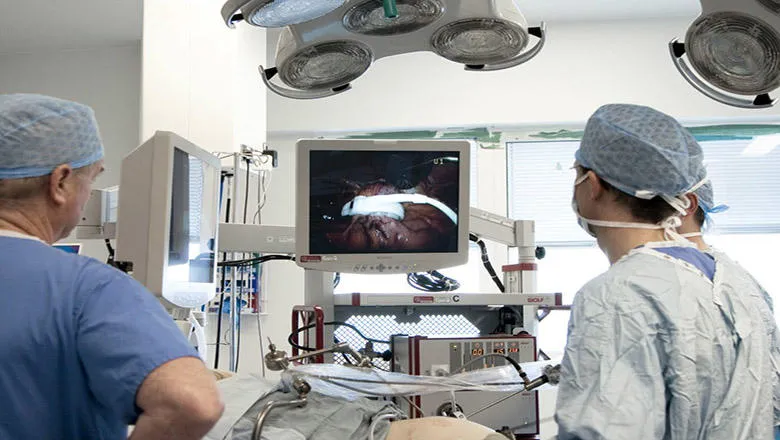Following an international conference held at King’s, 45 international organizations have endorsed a statement calling for metabolic or weight-loss surgery to be offered as a treatment for some people with Type 2 diabetes.
“Surgery represents a radical departure from conventional approaches to diabetes. The new guidelines effectively introduce one of the biggest changes for diabetes care in modern times,” says Francesco Rubino, Professor of Metabolic and Bariatric Surgery at King’s whose research provided the first experimental evidence that bariatric surgery can improve diabetes independently of weight loss.
The new guidelines, published in the journal Diabetes Care, emerged from the Second Diabetes Surgery Summit (DSS-II), an international consensus conference held in September 2015 at King’s.
A second paper published in Diabetes Care explores the costs and benefits of meeting potential demand for metabolic surgery in the UK and US, outlining barriers identified through a Policy Lab hosted by the Policy Institute at King’s at the 3rd World Congress on Interventional Therapies for Type 2 Diabetes in September 2015 at the university.
In a Comment published in Nature, Professor Rubino warns that capitalizing on these latest insights about how to treat Type 2 diabetes will require a shift in mindsets across healthcare and research.
Long-standing preconceptions will need to be put aside to effectively tackle the rising rates of diabetes across the globe, particularly in low- and middle-income countries where operations like gastric bypasses are not likely to be available for most patients.
The broad endorsement of weight-loss surgery as a treatment option should inspire fresh approaches in diabetes research, writes Professor Rubino. Researchers and clinicians are already trying to mimic the effects of gastrointestinal surgery using less invasive interventions.

